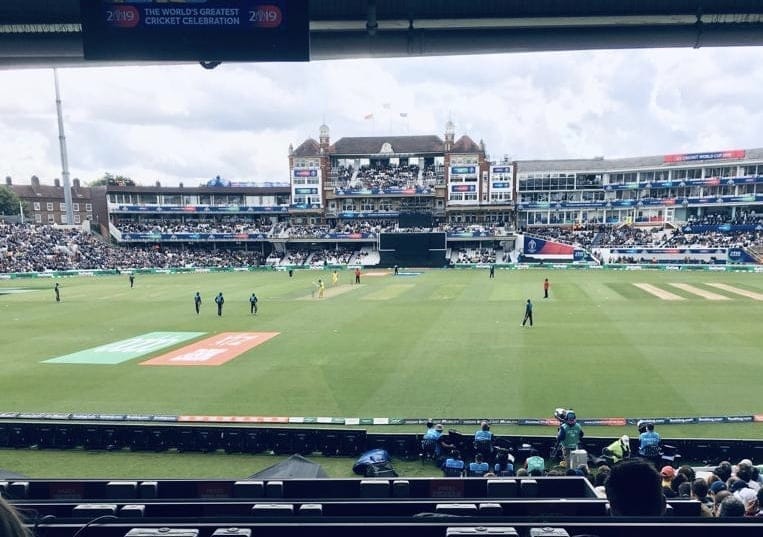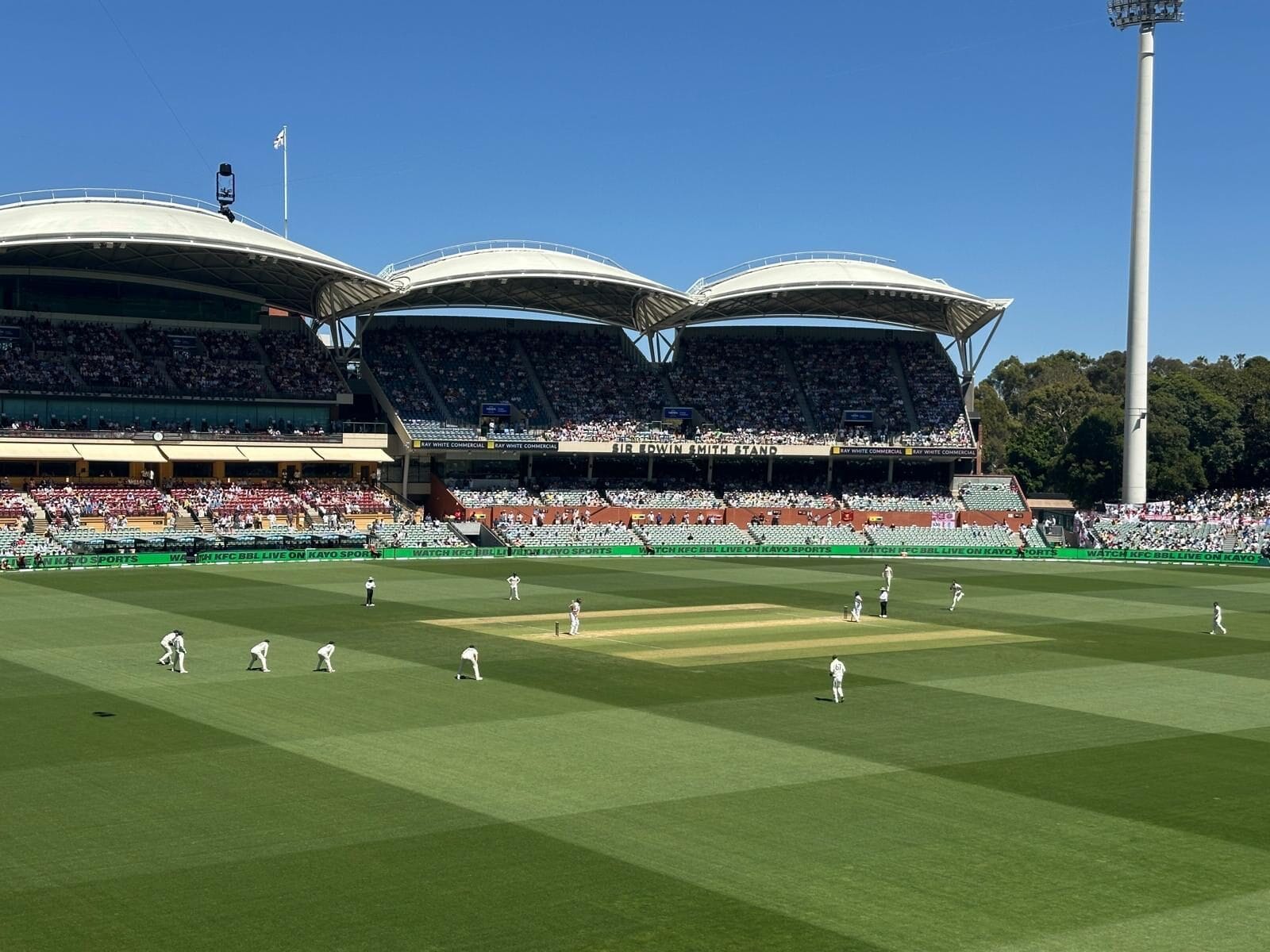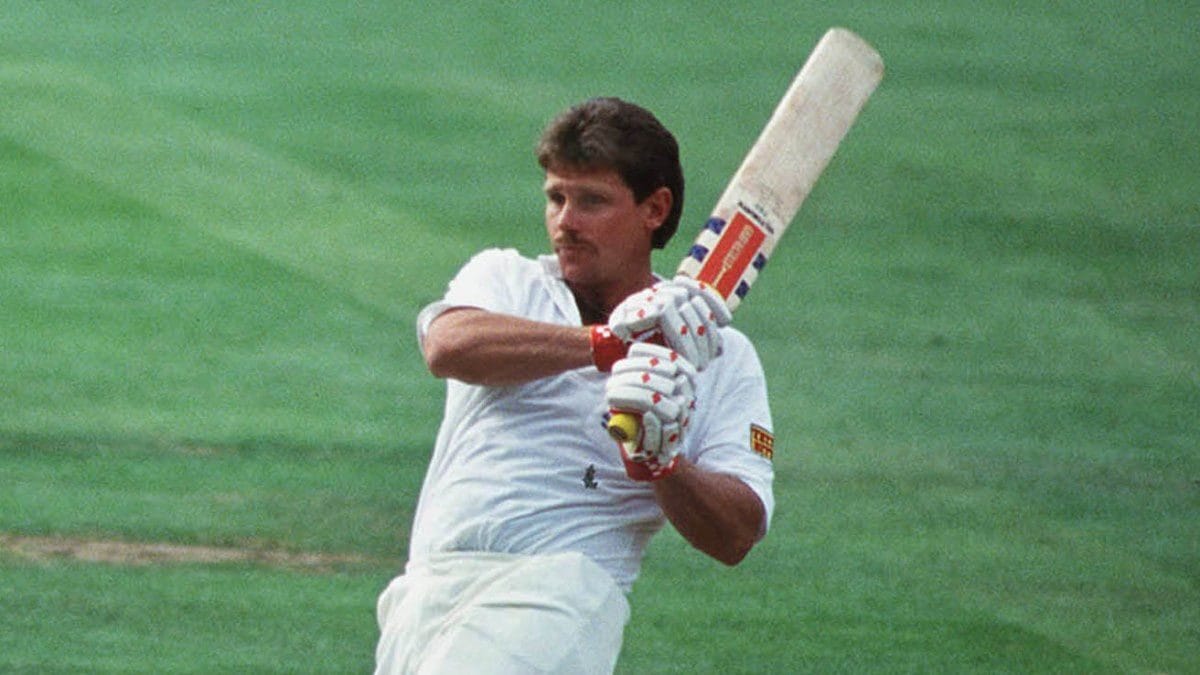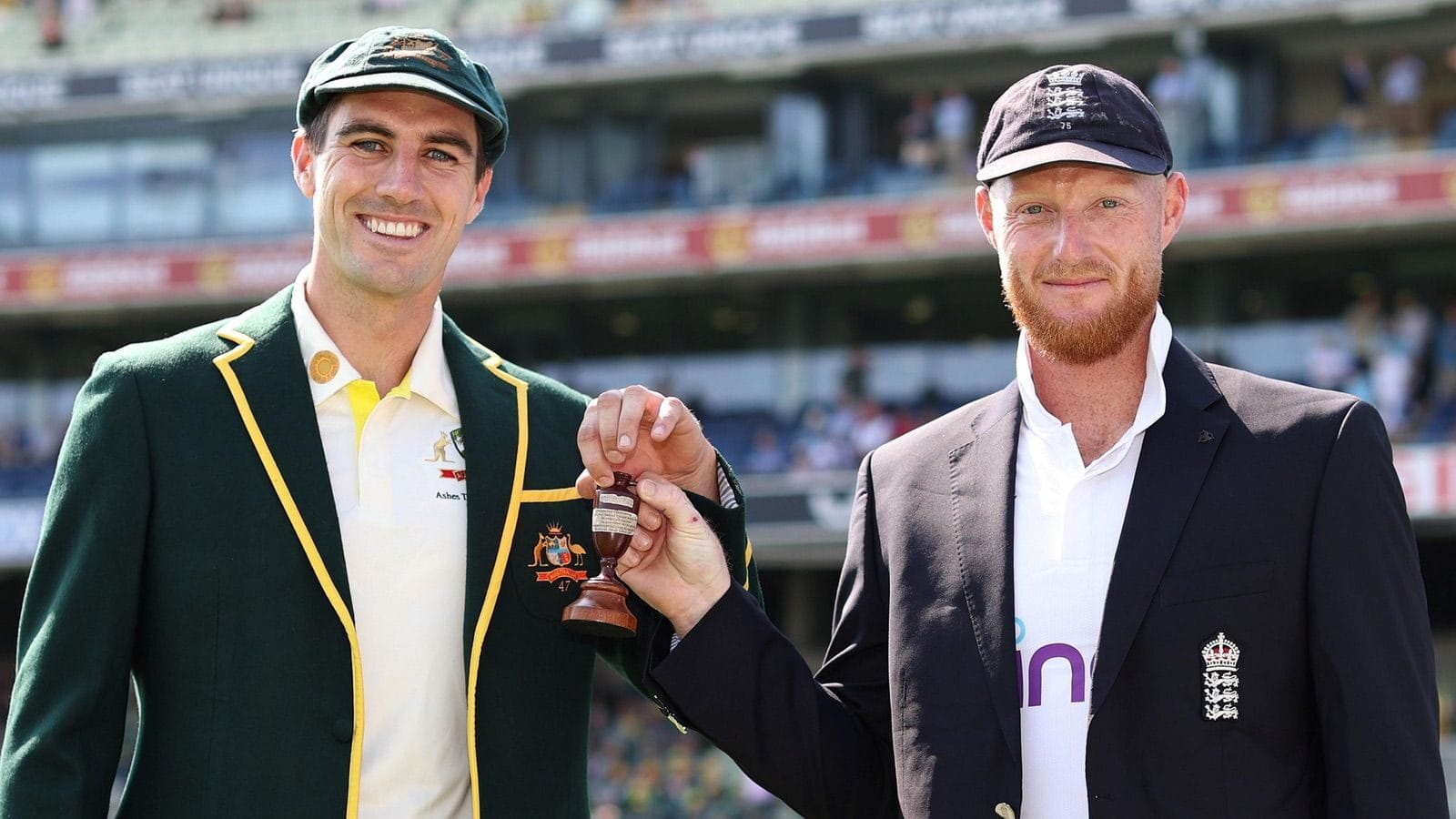For a while, on a cool, overcast but, mercifully, largely dry day, before a near capacity crowd at the Kia Oval, it seemed that Sri Lanka had decided to turn up for the 2019 men’s Cricket World Cup. The eventual result, an Australian victory by 87 runs, seems sadly predictable. But there was a time when it seemed not inconceivable that Sri Lanka could confound logic as well as expectation, and actually win the match. This, together with the immensely powerful batting of Australia’s captain Aaron Finch, meant that few were likely to go home complaining (although not surprisingly perhaps one should exclude the Sri Lankans themselves from this happy group – there was a no-show from them at the obligatory media conference after the game).
This was a three-act play. The first act lasted until the 43rd over of Australia’s innings (they were inserted after Dinuth Karunaratne won the toss. This was all about Australia. Finch and David Warner put on 80 for the first wicket in 16.4 overs. Finch and Steve Smith put on 173 in roughly 20 overs. Finch was in tremendous form. A lot of it was stand and deliver stuff, powerful drives in the arc between mid-off and mid-on. Sri Lanka had little idea of how to stem the flow. If and when a wicket came, it was like a Christmas present from a long-forgotten aunt – a welcome bonus but somehow inexplicable.
But then, in the 43rd over, just when it seemed Sri Lanka would never get another wicket, they did; Finch was undone by Isuru Udana’s slower ball and skied a catch into the covers. Finch had made 153 off 132 balls with 15 fours and five sixes; the score was 275 for three, with Smith well set. But that extremely solid platform was not fully exploited. Glenn Maxwell struck some crisp blows in making 48 not out off 25 balls, but Australia lost four wickets in those last seven overs, including Smith (for 73) and two run outs. They must have been disappointed with a final score of 334 for seven.
The sense of Sri Lanka being somehow in control of events continued when they batted. In what was perhaps the most entertaining passage of play in the match their openers, Karunaratne and Kusal Perera, put on 115 in 15.3 overs. The speculation was that their bold and decisive approach was dictated by the prospect of rain and the application of the Duckworth-Lewis formula in a truncated contest; whatever, it was heady stuff and got the crowd engaged.
When Karunaratne was dismissed three short of what would have been his first ODI century, the score was 186 for three. That was the start of the 33rd over; Australia had been 178 for two at that point.
Kusal Mendis was now joined by Angelo Mathews; everyone on the ground must have known this was the crucial partnership. As always, Mathews oozed class from the moment he arrived, easing his first ball past mid-on for four. But Mathews had made only nine when he gloved one from Pat Cummins and was caught by keeper Alex Carey down the leg side: 205 for four.
At the end of the day it was, predictably Starc and Cummins who made the difference. Starc took four for 55, including Mendis and both Pereras (Thisara hit his first ball for six over long leg). Cummins took two for 38, Mendis and last man Nirwan Pradeep: all out 247.
That was the start of the third and final act. Mendis too played some lovely shots but Mitchell Starc induced an edge to Carey and he went for 30. That was it, really.
Nobody could really express surprise at the result. Sadly, at the moment, Sri Lanka are just not strong enough. But Australia seem unhealthily dependant on Starc and Cummins to get them out of trouble. Although Kane Richardson took three wickets, and Maxwell was allowed to bowl his ten overs for only 46, there is nothing special about their support bowling.
Still, with five wins out of six, they seem like a shoo-in for the semifinals.
Bill Ricquier at The Kia Oval





1 comment
Steven
Loved it,thanks. Steve